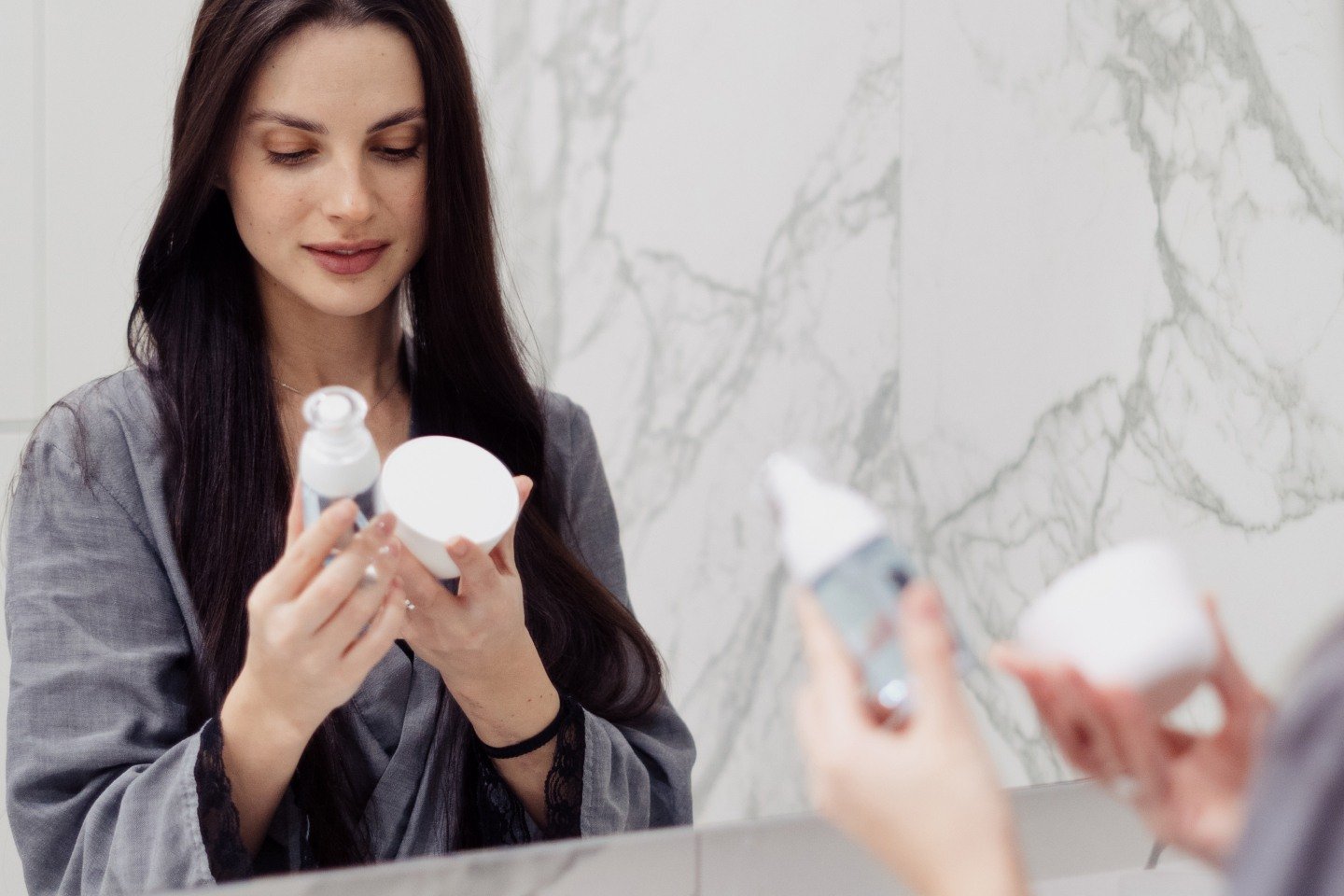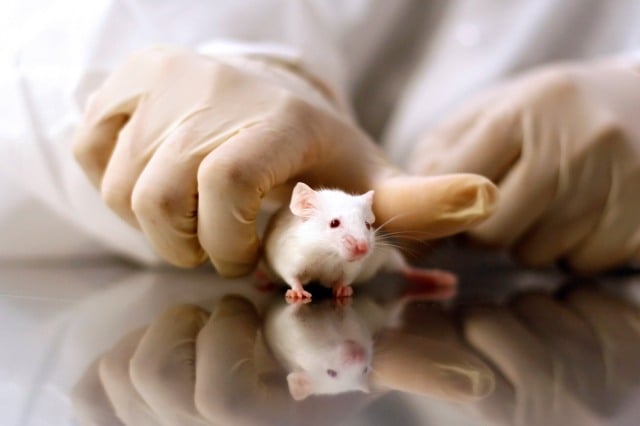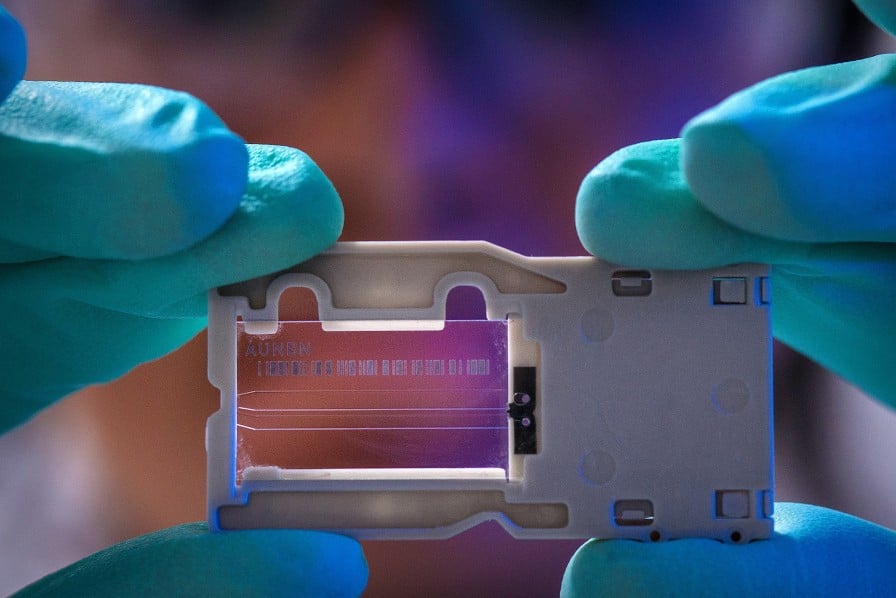How to: Take action against animal cruelty
This is the second in a series of two articles on animal research. The first article provides an introduction into animal research and some ways Australian Ethical is making a difference. This article suggests ways individuals can do their bit.
The choices we make with our money matter. Anyone who invests their retirement savings with Australian Ethical, or is considering doing so, probably knows this instinctively already.
Every time we make a purchase, we are essentially casting a vote for the kind of world we want to live in. When we buy from companies that prioritise good ethical practices, we are encouraging more businesses to follow suit. Equally, if we stop supporting products and brands with questionable ethical practices, we are sending a message to companies to do better.
The more informed we are, the more we can speak with conviction to our friends and families about brands that are doing good for the planet and humanity, the more impact we can have, both individually and collectively, with our purchasing decisions.
By the end of this article, we hope you’ll be a step closer to understanding how and why your finances matter in the fight against animal testing.
So what's the problem?
Animal testing is still widespread in medical and product development. Even though the 3Rs of animal research (replacement, reduction and refinement) were developed more than 50 years ago as a framework for more humane and ethical research, regulation in this area is not enforced, and companies are more or less responsible for setting their own standards.
Appropriate alternatives to animal testing methods have evolved significantly over the years, and yet animal testing continues. This is particularly concerning when it comes to unnecessary testing for cosmetic products that aren’t making a contribution to human health and wellbeing.
If this is news to you, you’re not alone. Many customers may not be aware of just how wide-spread animal testing is. Each of us can send a clear signal to companies that the quality-of-life of animals matters.
We can make wise choices in selecting brands and products we buy. We can join campaigns to pressure companies that aren’t holding themselves to higher standards. We can take action with our finances.
Once you’re familiar with the brands on the test and do not test lists, do an audit of your own home, and be methodical when buying new products.
Ways you can act
Do not buy cosmetics or household products that have been tested on animals or have animal-based ingredients. People for the Ethical Treatment of Animals (PETA) has compiled a list of companies that don’t test on animals, which it also narrows down to Australian brands. The lists include cosmetics, personal-care products, household-cleaning products, and other common household items. There’s also a PETA list for companies that do test on animals.

Australian Ethical has zero tolerance when it comes to investing in companies that conduct animal research for personal care products and cosmetics.
Once you’re familiar with the brands on the test and do not test lists, do an audit of your own home, and be methodical when buying new products. If you find products at home that have used animal testing, write to the customer service team of these companies and inquire what they are doing to transition away from animal testing. Find the companies on the list synonymous with animal testing and avoid their other brands too, and make sure to tell them why.
Animal-Free Science Advocacy has a good, plain English guide to help understand the science of non-animal research models without all the complex jargon. Also the Animals Australia backgrounder on animal testing is a good place to start exploring ways you can have a personal impact including signing a pledge to help end animal suffering in testing laboratories.
If you go to university or have kids in school, ask the science faculty’s view on animal testing and whether they partake in the use of animals in class or whether they’ve adopted non-animal alternatives in their teaching. If you own shares or work for a healthcare or biotech company, find out if the company you work for or invest in has a genuine commitment to the 3Rs – our 2024 Stewardship Report summarises what a genuine commitment looks like.
The Humane Charities list of charities that are not involved in animal research is a great resource. Both Medical Advancements Without Animals (MAWA) and Animal Free Science Advocacy (AFSA) are on this list and are the Non-government Organisations Australian Ethical is already working with. The Australian Ethical Foundation has provided funding to MAWA through its strategic grants program, and both MAWA and AFSA are involved in our efforts to sign organisations up to a statement of support for non-animal testing.



